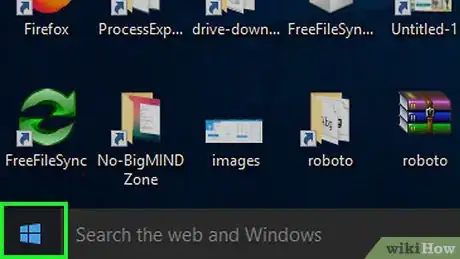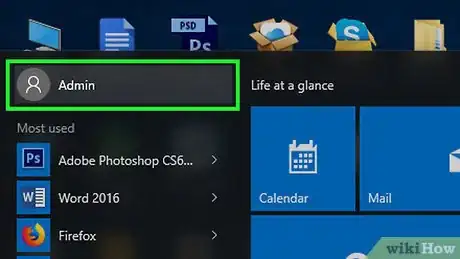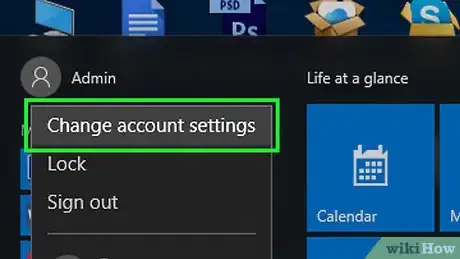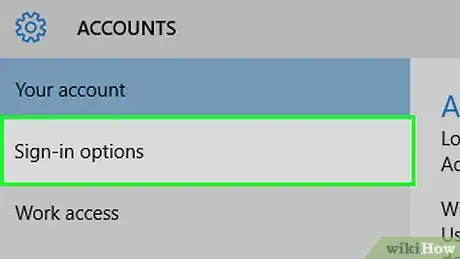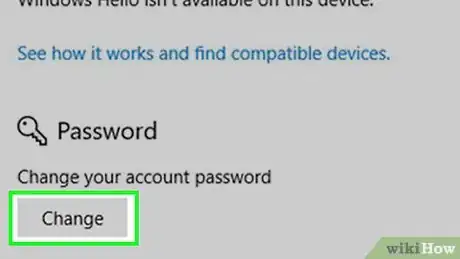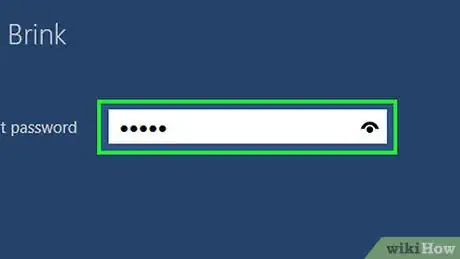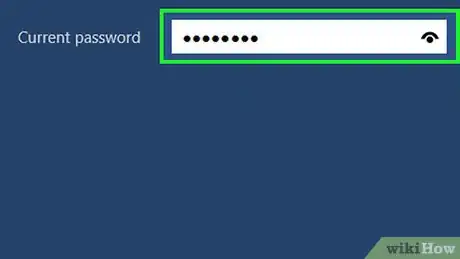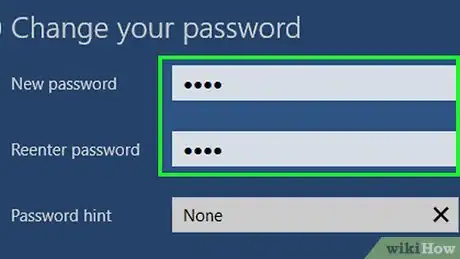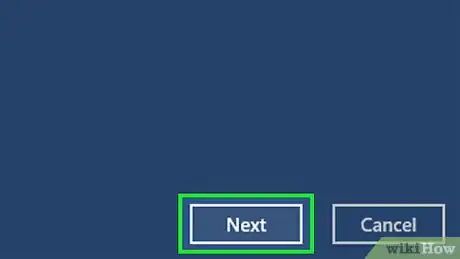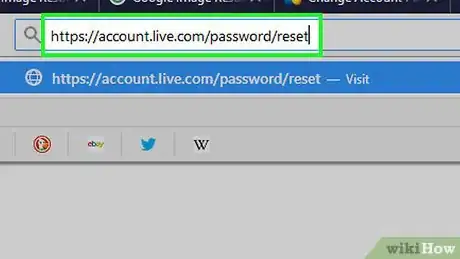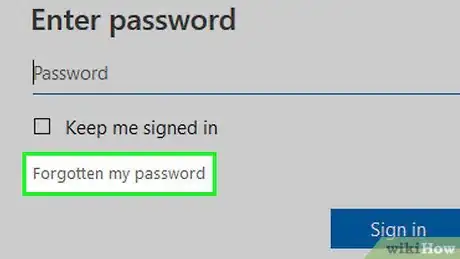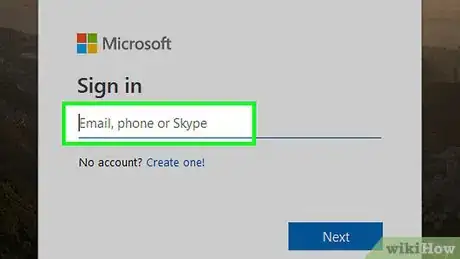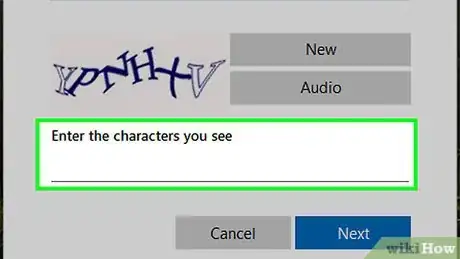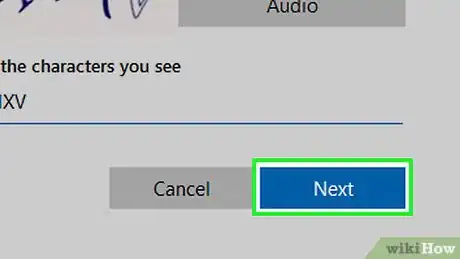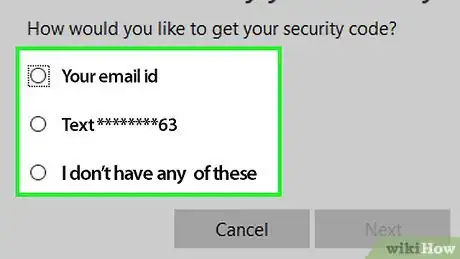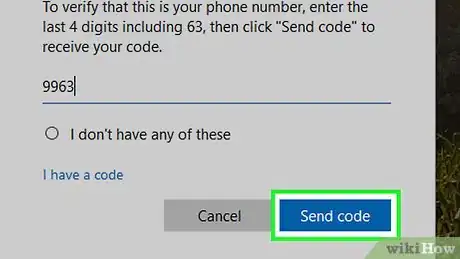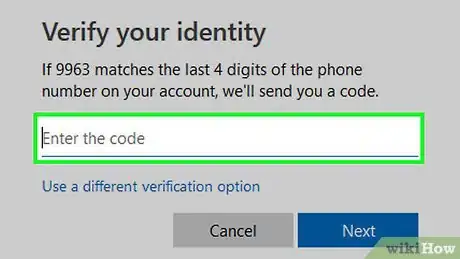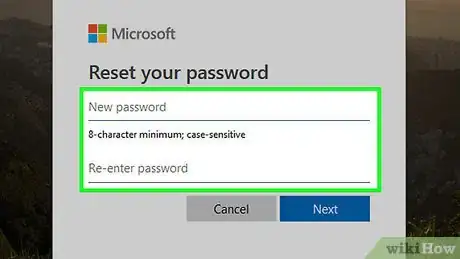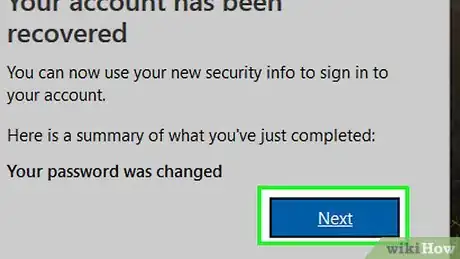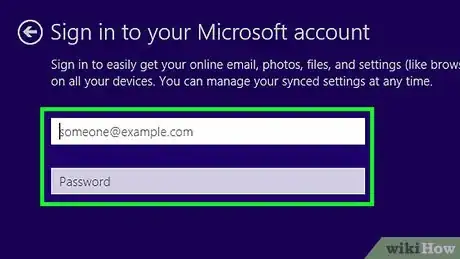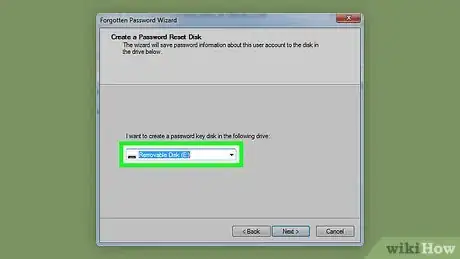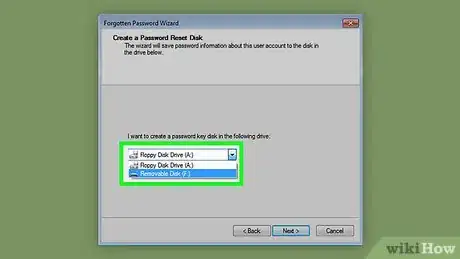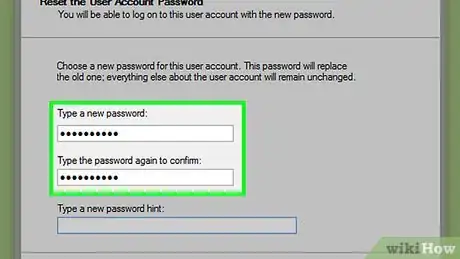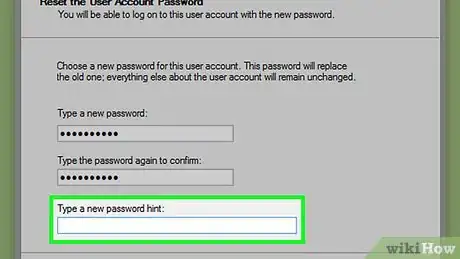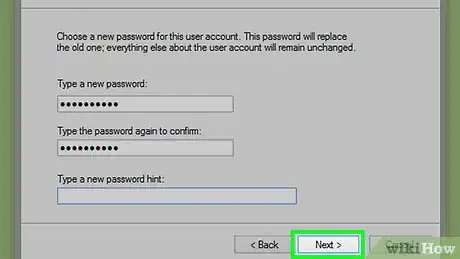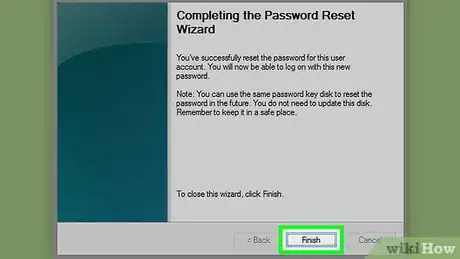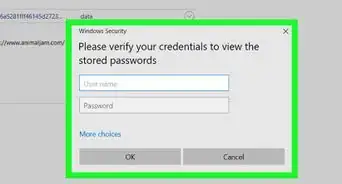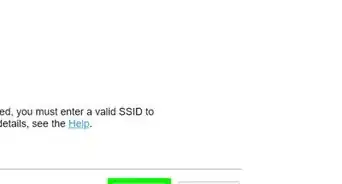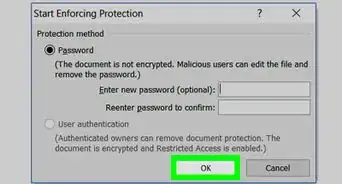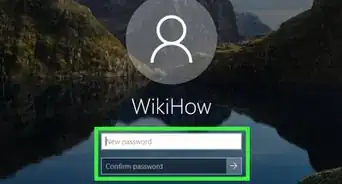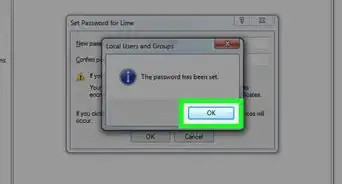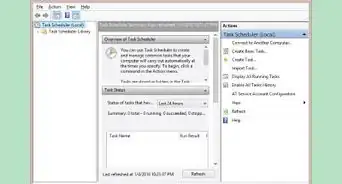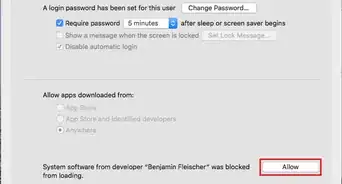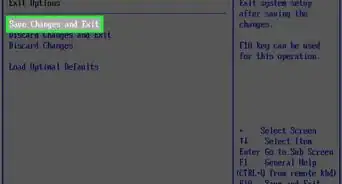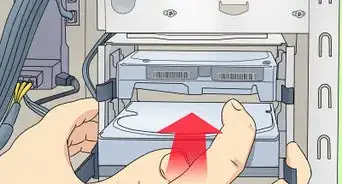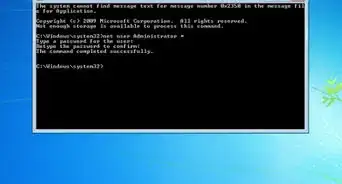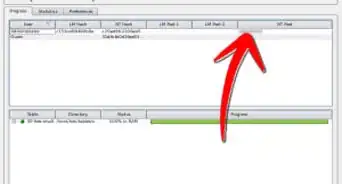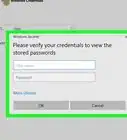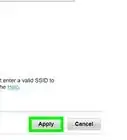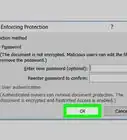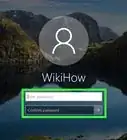X
This article was co-authored by wikiHow staff writer, Nicole Levine, MFA. Nicole Levine is a Technology Writer and Editor for wikiHow. She has more than 20 years of experience creating technical documentation and leading support teams at major web hosting and software companies. Nicole also holds an MFA in Creative Writing from Portland State University and teaches composition, fiction-writing, and zine-making at various institutions.
This article has been viewed 9,517 times.
Learn more...
This wikiHow teaches you how to change or reset the password you use to sign in to Windows 10.
Steps
Method 1
Method 1 of 3:
Changing your Current Password
-
1
-
2Click your username or photo. It's in the far left column of the Windows menu.
- If you don't see this, click , and then click Accounts.
Advertisement -
3
-
4Click Sign-in options. It's in the left column.
-
5Click Change under the “Password” section. This opens a new window that asks you to sign in to your Microsoft account.
- If you're not signed in with a Microsoft account (rare), you'll see a screen that asks you to enter your current password. Enter it, click Next, then follow the on-screen instructions to create a new password.
-
6Enter your password and click Sign in. You should now see the Change Password screen.
- If you don't know your password, see this method.
- You may be prompted to select an email address or phone number to receive an access code. If this happens, follow the on-screen instructions to complete the verification.[1]
-
7Type your old password into the first blank. This is just to confirm your identity.
-
8Type your new password into the next two blanks. Make sure you type the password the same both times.
-
9Click Next. Your password is now reset.
Advertisement
Method 2
Method 2 of 3:
Resetting your Microsoft Password
-
1Go to https://account.live.com/password/reset in a web browser. If you're locked out of your computer, you can complete this method on another computer.[2]
-
2Select “I forgot my password” and click Next.
-
3Enter the email address or phone number associated with your Microsoft account.
-
4Enter the characters you see on the screen. If you're unable to see them, click New for different characters, or Audio to hear them aloud.
-
5Click Next.
-
6Select a verification method. Microsoft will send a security code to the email or phone number you select from this list. The letters are partially hidden, so you'll need to fill in the blanks when prompted to prove your identity.
-
7Click Send Code. Microsoft will now email or text you a code you'll need to enter on the next screen.
-
8Enter the code and click Next. Once the code is accepted, you'll see the Reset Password screen.
-
9Enter and reenter your new password. Be sure to type the new password exactly the same into both blanks.
-
10Click Next. Your password is now reset. You can now log back into your computer using your Microsoft account name and password.
Advertisement
Method 3
Method 3 of 3:
Resetting a Local Account Password with a Reset Disk
-
1Attempt to sign in to Windows. If you type the password incorrectly, you'll see an error message.[3]
- This method will only work if you are not using a Microsoft account to access your computer. You must also have a Password Reset disk or drive.
-
2Click Next.
-
3Insert your password disk or drive.
-
4Select the password disk or drive from the drop-down menu. For example, if you inserted a CD or DVD, select your CD or DVD drive.
-
5Click Next. Windows will now read your password reset disk or drive.
-
6Type and confirm a new password. The new password must be typed the same way into the top 2 blanks.
-
7Type a password hint. This goes into the box at the bottom of the window. Enter something that will jog your memory in case you forget the new password in the future.
-
8Click Next.
-
9Click Finish. Your password is now reset. You can use your new password to sign back into Windows.
Advertisement
References
About This Article
Advertisement
